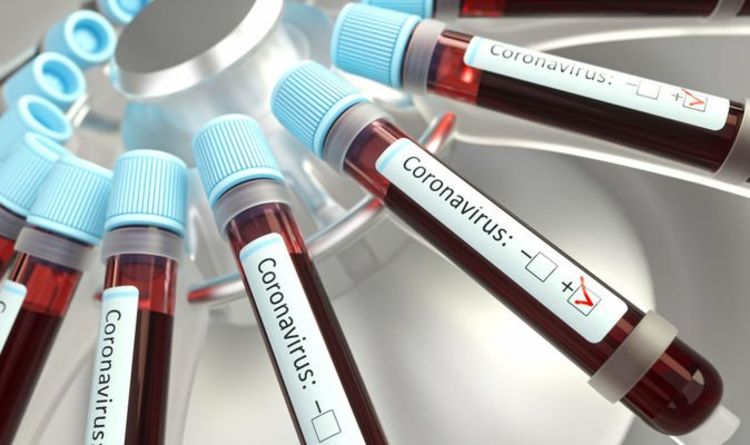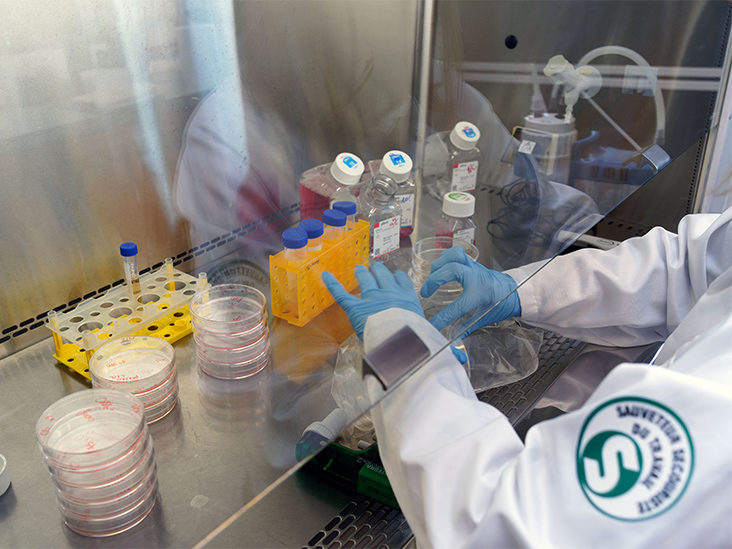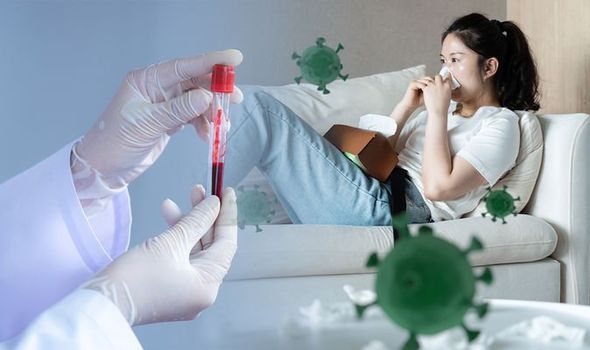
The study is still a preprint and has yet to be peer reviewed. Preprints are not been finalized by authors and may contain errors. The scientific or medical community didn’t accept or endorse the reported info in any way. There’s still no robust scientific evidence to prove a direct relationship between COVID-19 and blood type.
Preliminary study on the novel coronavirus disease-2019 (COVID-19)
They conducted a study among 2 173 COVID-19 positive patients from three hospitals in Wuhan and Shenzhen. The researchers have found that blood type A patients were more susceptible to the infection and develop more severe symptoms. Patients with blood type O seemed more resistant to the disease.
Wang Xinghuan led the study with the Centre for Evidence-Based and Translational Medicine at Zhongnan Hospital of Wuhan University. The research involved scientists and doctors from Beijing, Wuhan, Shanghai and Shenzhen. Mr. Wang stated that Sars-CoV-2-infected patients with blood group A might need to receive more vigilant surveillance and aggressive treatment.
Of the 206 fatalities who had died from COVID-19 in Wuhan, 85 had to type A blood, which was 63 percent more than the 52 with type O. The researchers have found that the apparent association between disease transmission and ABO type was present across various age and gender groups.
“Antigen” determines the blood types. It locates on the surface of red blood cells that can trigger an immune response. Austrian biologist Karl Landsteiner discovered the main blood groups in 1901—type A, B, AB and O. Blood transfusions are safer now, thank to the medical breakthrough, as patients’ blood types could be matched properly.

While the researchers said the study was preliminary, they did urge governments and medical facilities to consider blood type differences when planning mitigation measures or treating patients who contracted the virus to help define management options and assess risk exposure levels of people.
The researcher of the State Key Laboratory of Experimental Haematology in Tianjin
Gao Yingdai says that the study could improve with a larger sample size. This study didn’t explain the nexus properly since there was no mention of the molecular interaction between the coronavirus and different types of blood. The researcher acknowledged the usefulness of the study to medical professionals. However, she stated that just because you belong to the type A group doesn’t mean you’ll be infected 100% and having type O blood doesn’t guarantee 100% resistance either. You still need to wash your hands and follow guidelines issued by the authorities.
Might also read: Vademecum: How to stay safe and prevent COVID-19
Comments
0 comments


Thanks for sharing. I read many of your blog posts, cool, your blog is very good.
aUELfHpnwkXztbM